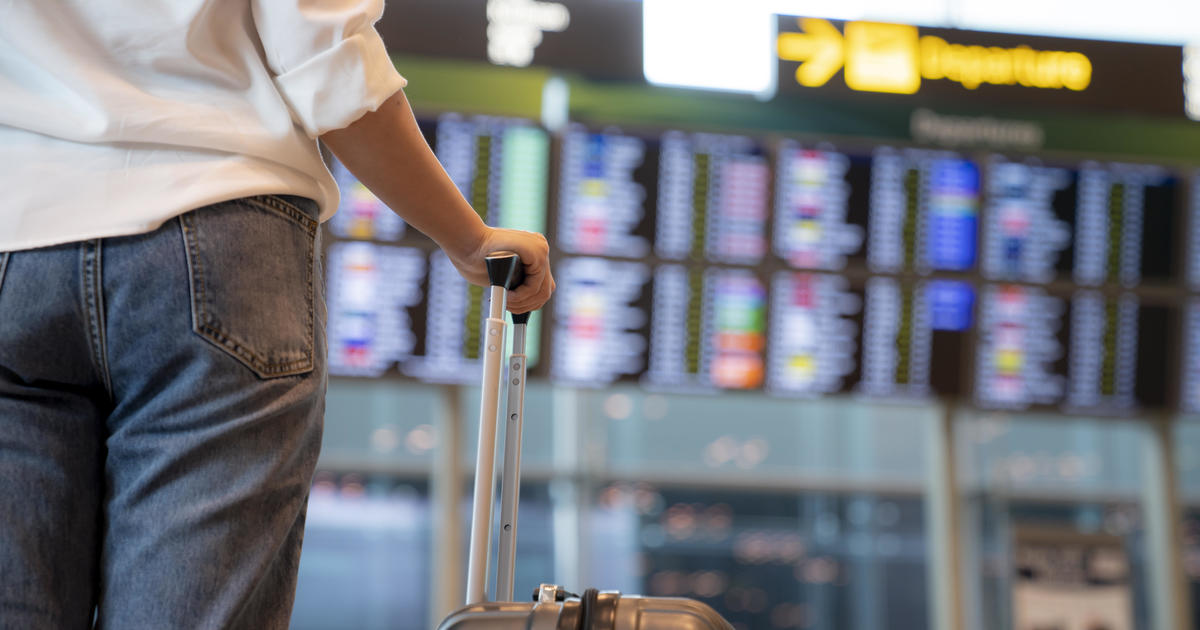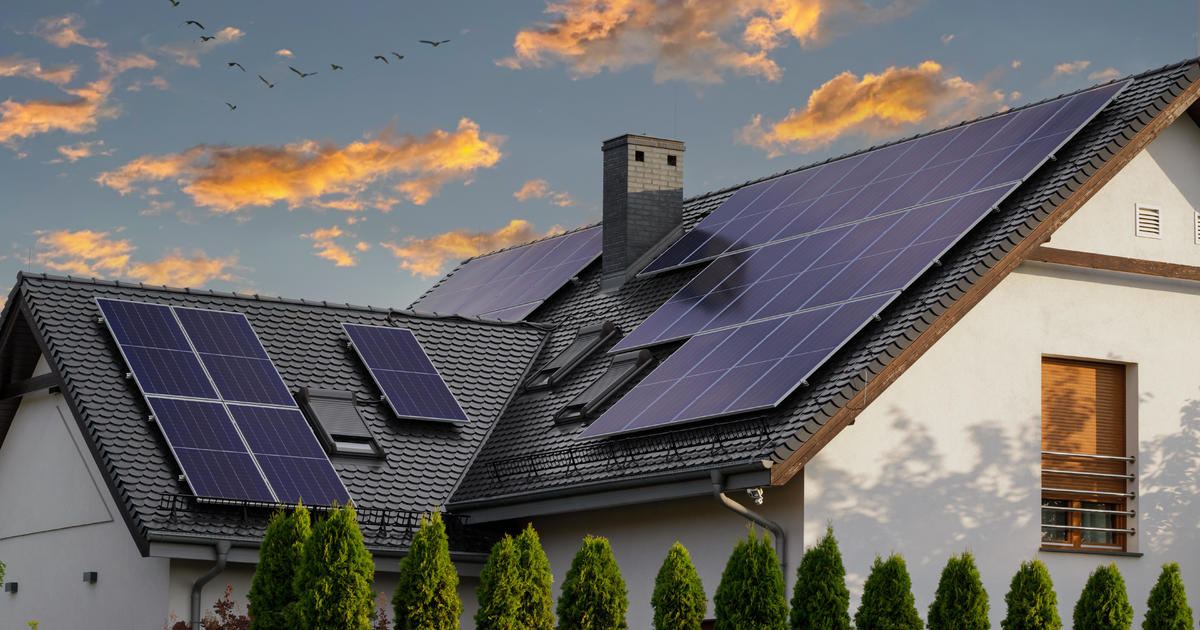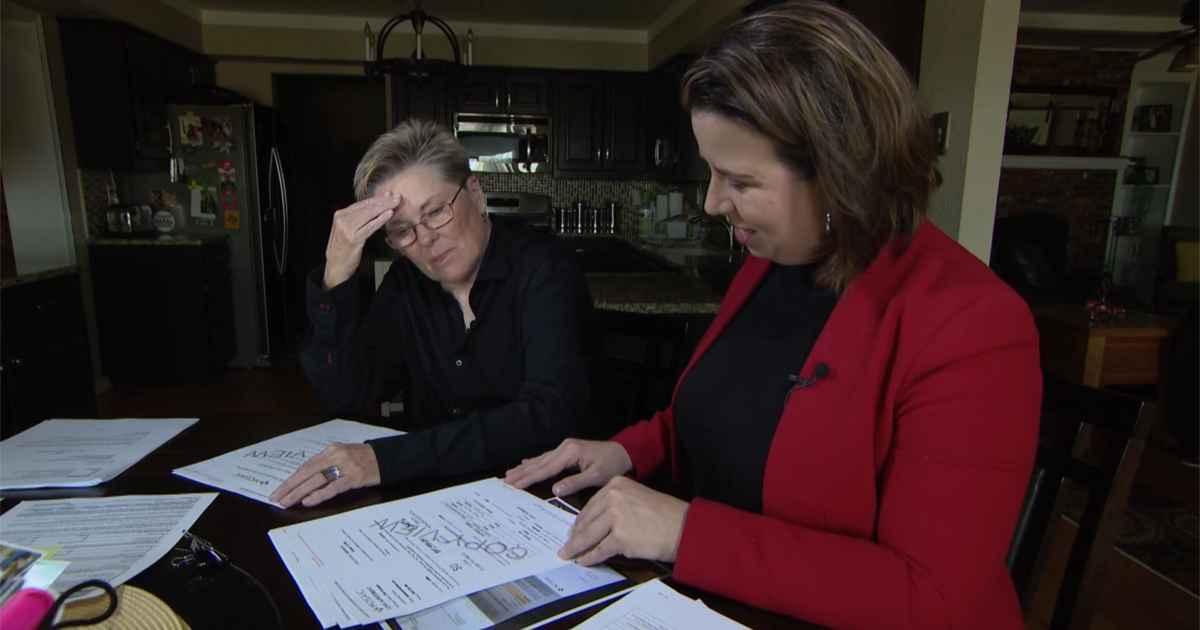Inmates In Texas, Across U.S. Facing Big Virus Risks And Are Nowhere Near The Top Of Vaccine Lists
DENVER (CBSDFW.COM/AP) — Some jail inmates in Texas are moving bodies into refrigerated trucks because morgues are so overwhelmed by the number of people dying from COVID-19, but their rank on the list to get vaccinated skews toward the bottom.
Prisons across the U.S. have been hit hard by COVID-19. Social distancing is virtually impossible behind bars: inmates sleep in close quarters and share bathrooms. Masks, hygiene supplies and safety protocols are often lacking, and many inmates have health problems that make them susceptible to the virus.
As of December 14 there were more than 27,000 offenders and some 7,500 Texas Department of Criminal Justice employees who have tested positive for COVID-19. There have been 172 offender deaths connected to the virus with an additional 47 under investigation, while 26 employees have died in the line of duty from COVID-19.
Amber Johnson is terrified her 63-year-old father will get the coronavirus. He has high blood pressure, asthma and is pre-diabetic, and she worries he's especially vulnerable as an inmate in Colorado, where outbreaks in prisons are raging.
Johnson believes a vaccine might be the only hope for her father, Ronald Johnson, who is serving time for theft, forgery and drug possession.
But in Colorado and most other states, prisoners aren't near the front of the line for initial doses of COVID-19 vaccine now being distributed. Health care workers and nursing home residents are getting the first wave of shots, and many argue that those who break the law — despite living in conditions that put them at risk — shouldn't be a priority when many others are vulnerable.
Initially, Colorado had inmates in the second phase of vaccine distribution, set for the spring, behind health workers and first responders but ahead of other adults over 65 with health conditions. Prisoners were to be treated like others in group housing, including homeless shelters and college dorms.
But an outcry followed. Suburban Denver prosecutor George Brauchler said the plan would have allowed two men convicted of killing the son of 66-year-old state Sen. Rhonda Fields to be vaccinated before her.
"The people who murdered her son would get it before she would," Brauchler said.
Democratic Gov. Jared Polis bowed to criticism last week, updating the plan to prioritize age and health risks over where people live. Jail staffers will still get the vaccine in the second phase, along with first responders.
"Whether you're in prison or not, if you're 67 years old or at risk, wherever you are, you'll have access to the vaccine when 67-year-old's have access to vaccines," Polis said.
Though Colorado changed course, California, North Carolina, Maryland, Delaware, Utah, New Mexico, Nebraska, Montana and Massachusetts have prisoners among the first to get the vaccine this winter. Some states also have taken steps to reduce COVID-19 risks behind bars by releasing nonviolent offenders early.
But even in states with the biggest prison outbreaks, inmates often weren't on early vaccine distribution plans.
The five states with the highest number of coronavirus cases in their prisons, according to data compiled as part of a joint project by The Associated Press and The Marshall Project — Texas, California, Florida, Michigan and Wisconsin — did not include details about how they would prioritize prisoners in their October draft reports to the Centers for Disease Control and Prevention.
Texas likely will consider prisoners along with other vulnerable populations, but plans are unclear.
The inmates in the El Paso, all low-level offenders that are part of the detention facility's trustee program, earn $2 an hour for working in the morgue.
The federal prison system — one of the first government agencies to receive the vaccine — plans to administer initial vaccines to staff, not inmates, according to documents obtained by the AP.
For families of inmates, the uncertainty is gut-wrenching. They're pleading with state officials to consider the transmission risks behind bars. Medical experts also have suggested that living arrangements in prisons call for higher priority.
"From a public health perspective, it's also really important because what we've seen is they are hot spots," said Maria Morris, senior staff attorney at the American Civil Liberties Union's National Prison Project. "And people are coming and going out of prison. There's no way to avoid that."
That includes officers, administrative staff, lawyers and medical and mental health workers.
More than 249,000 inmates have tested positive and nearly 1,700 have died from COVID-19 nationwide.
(© Copyright 2020 CBS Broadcasting Inc. All Rights Reserved. The Associated Press contributed to this report.)
MORE FROM CBSDFW



